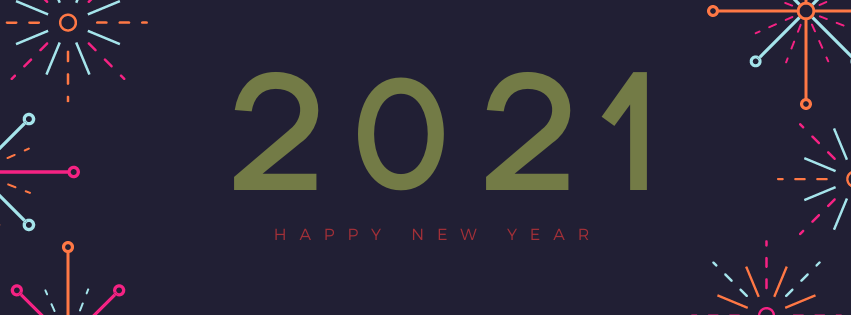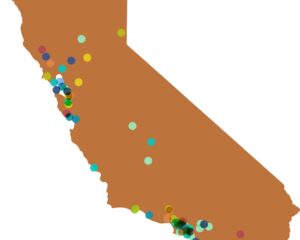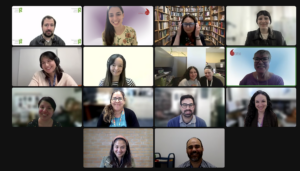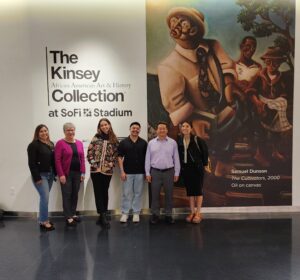“We are learning something every day – about ourselves, our organization, our communities – and we are optimistic about the year ahead.” — Julie Fry, President & CEO
Imagine a world where everything stops. Everyone pauses, waiting. We begin to learn to live with uncertainty. We exist at the intersection of science and emotion, and every decision carries weight. It sounds like a novel or a film, vaguely sci-fi, but close enough to real life to seem plausible. And here we are, approaching almost a year of experiencing a global pandemic.
It’s why these powerful words resonate, spoken by Dr. Johnetta Cole as part of the Capps Lecture at the recent virtual National Humanities Conference:
The humanities help us to understand with whom we share this earth. The humanities help us to take apart anything that matters and look at how it got that way and how it could be better if it were reassembled in a different way. Our goal at California Humanities during the pandemic has been to stay safe but also to amplify ideas, stories, and dialogue to provide meaningful human connection across California at a time when connection can be hard to find.
We are as committed and active as we have ever been. In the past months, we made 252 relief and recovery grants totaling more than $1.5 million to humanities practitioners and nonprofits around the state as part of CA CARES, with funds from the National Endowment for the Humanities via the CARES Act as well as the State of California. At the same time, we made over $1.1 million in grants through our regular grant programs, and we will continue that grantmaking in the year ahead.
Our Library Innovation Lab was awarded national recognition with a Schwartz Prize for outstanding public humanities programming during 2019, announced by the Federation of State Humanities Councils at the National Humanities Conference. Such esteemed recognition for this program, which has served 40 libraries and 33,000 people in its first four years, is a testament to the impact of libraries connecting with their immigrant populations to build stronger communities through the humanities.
Like so many others, we developed new virtual programs to help build the organizational capacity of our grantees and to discuss with the public such diverse topics as poetry by Black youth, California’s ballot initiatives, a documentary film focused on refugee communities, and how the arts and humanities help to build thriving cities in our state and in France.
We just launched a new initiative, California on the Ballot, which will provide us all with some food for thought on electoral engagement in our state – past, present, and future.
Our Democracy and the Informed Citizen program will continue to partner with even more community colleges to offer journalism fellowships to a cohort of students.
We are learning something every day – about ourselves, our organization, our communities – and we are optimistic about the year ahead. And as you can see, we are doing exactly what Dr. Cole identified – figuring out how to reassemble things that matter in a different way. We hope that you’ll join us.





